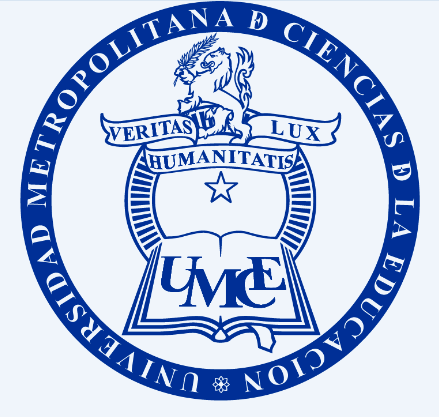Main Article Content
Jun 28, 2018
Abstract
This article proposes that the literature that stands at the center of academic study and the market in the era of the ‘Concertacionist’ transition is the one that is anchored in the dictatorial memory, the concept of post-memory being the model that is more replicated in the novels which claim privilege in the cultural field. First, the question is addressed about the historical configuration of the present through the term post-dictatorship, due to the appearance of a citizenship that has problematized the institutions that make up representative democracies. Then the idea is discussed with the critical referents that the writer of the post-traumatic society is locked in a thematic field determined by the dictatorship. Finally, a textual analysis is carried out of Alejandra Costamagna’s “En voz baja”, which shows how these types of novels represent an articulated memory deriving from the power relations of representative democracies.
Downloads
Policies for open access journals
Authors who publish here accept the following terms: Authors will keep their copyright and will guarantee the journal the right to the first publication of their work, which will be subject to the Licence of Creative Commons acknowledgement, which allows for the use of this material only if the authorship is credited and the original source is acknowledged (the journal’s URL), and if it is not used with commercial ends and with any derivations of the original work.
Authors may adopt other non-exclusive license agreements of distribution of the published version (e.g. to save it onto a digital institutional archive or publish it in a monographic volume) only if the initial publication of this journal is indicated.
It is permitted and recommended for authors to divulge their work on the Internet (e.g. institutional digital archives or webpage) before and during the submission process, which may lead to interesting exchanges and increase the citations of the publication. (See Open Access Effect).






